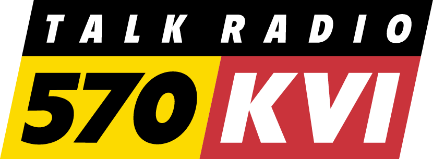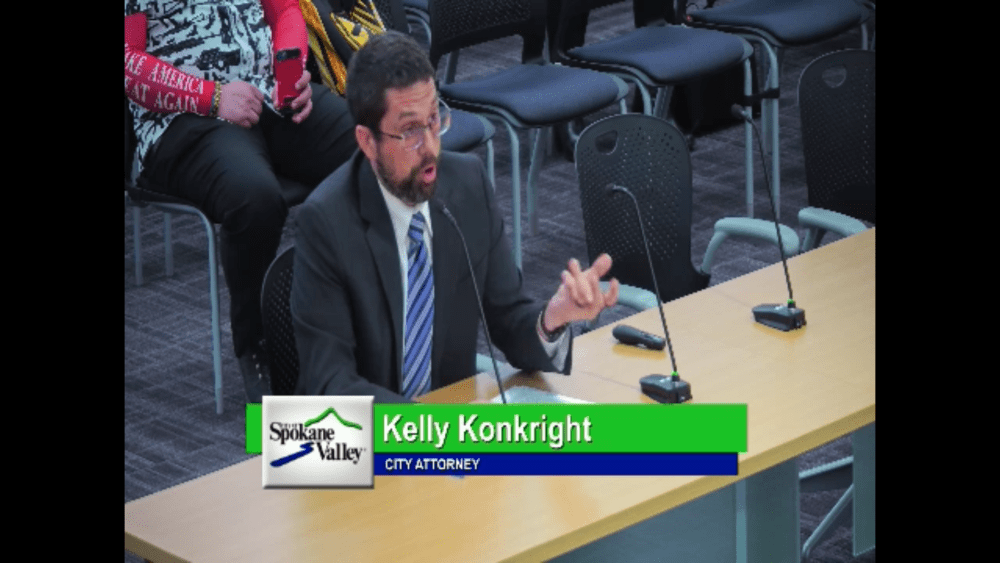(The Center Square) – A proposed bill would allow workers in Washington state to receive unemployment insurance during strikes. Businesses warn it would increase benefits costs.
House Bill 1893 would remove the prohibition against receiving unemployment insurance benefits for workers participating in a strike.
Currently, a worker is disqualified from receiving benefits if he or she is unemployed because of a strike.
If benefits are not charged to any employer, those costs are socialized and shared evenly by all employers participating in the unemployment insurance system.
The current maximum weekly unemployment insurance benefit amount is $1,019, according to HB 1893.
If the bill is signed into law, benefits will be paid out of the unemployment insurance trust fund as opposed to the actual company that the striking employees work for. However, those costs would be shared evenly by all employers participating in the system.
According to the bill’s fiscal note, Washington state could potentially see an increase of unemployment insurance claims ranging from 812 to 3,000 additional claims a year. This translates into an increase of $9.8 million to $14.1 million in annual payout of benefits that currently sit around $120 million a year.
The note also found that the state denied an average of 2,313 claims per year due to a labor dispute.
During the house bill’s initial hearing on Jan. 9, Washington Retail Association Contract Lobbyist Bruce Beckett said that the association’s fundamental concern is that the house bill could dramatically increase the costs of the benefits to the system and impact every employer in the state due to costs being socialized.
Rep. Beth Doglio, D-Olympia, is the main sponsor of the bill. She said that allowing striking workers to collect unemployment benefits “levels the playing field,” and helps the workers to avoid evictions and other economic hardships during a strike.
“Low-wage workers in particular don’t have the ability to exercise their rights to strike – employers know this and they use this as a tactic to refuse to negotiate in order to suppress wages and working conditions,” Doglio said during the hearing.
In California, Gov. Gavin Newsom vetoed a bill last October that would have allowed striking workers to collect unemployment benefits, which in California are funded by employers.
Newsom’s reasoning for vetoing the bill was that any expansion of eligibility for unemployment insurance benefits could increase the state’s outstanding federal unemployment insurance debt that was projected to be nearly $20 billion by the end of 2023 and could jeopardize California’s Benefit Cost Ratio add-on waiver application, significantly increasing taxes on employers.
Doglio mentioned that New York, New Jersey and Maine have all acted to offer unemployment insurance for striking workers.
House Bill 1893 is set to be further discussed at the House Labor and Workplace Standards Committee meeting on Friday.





